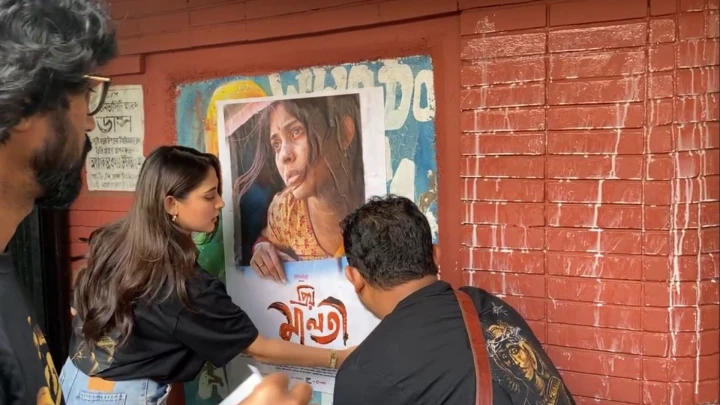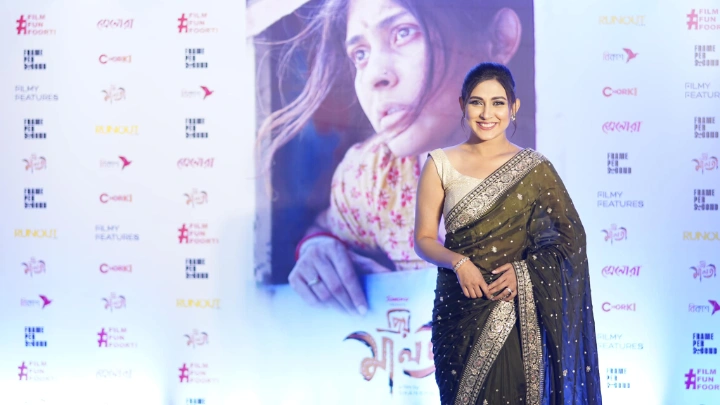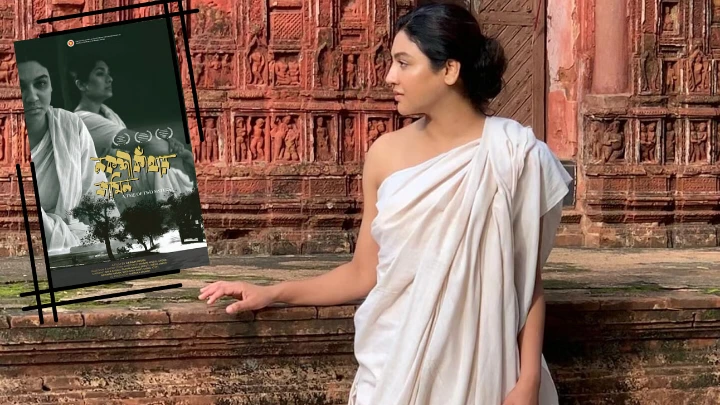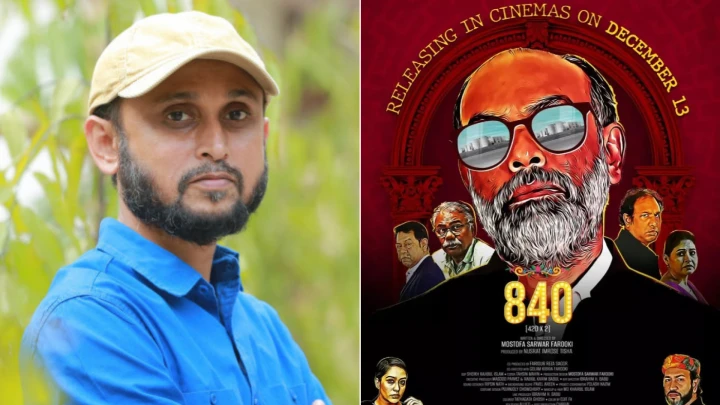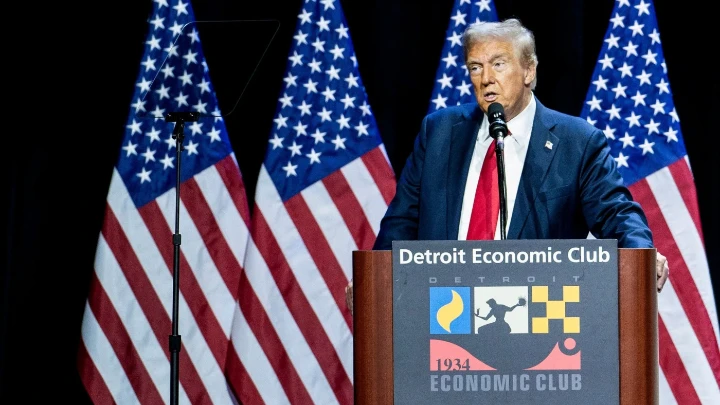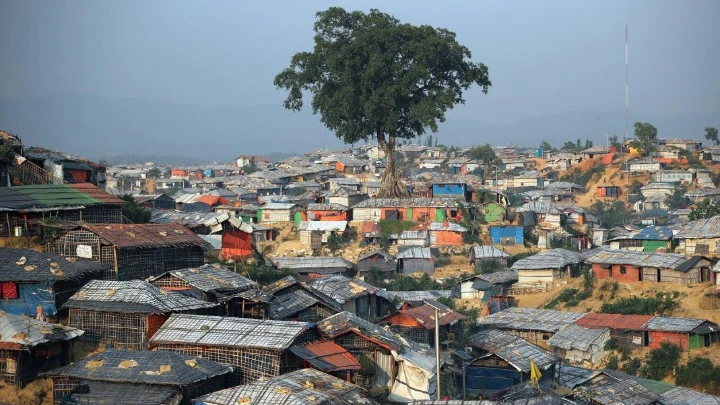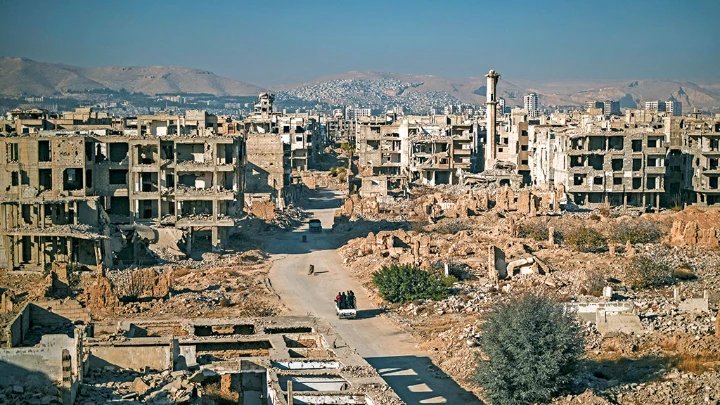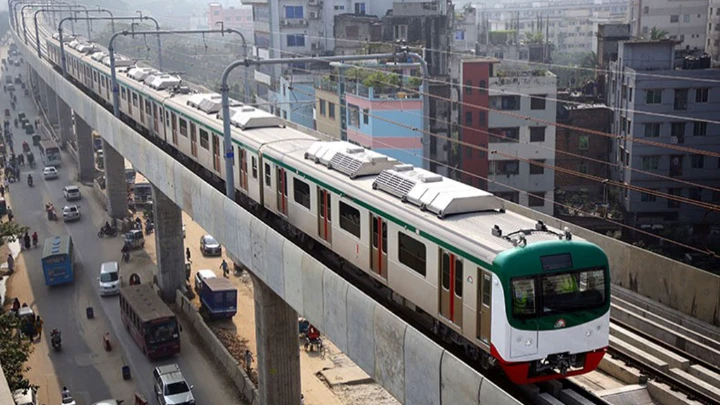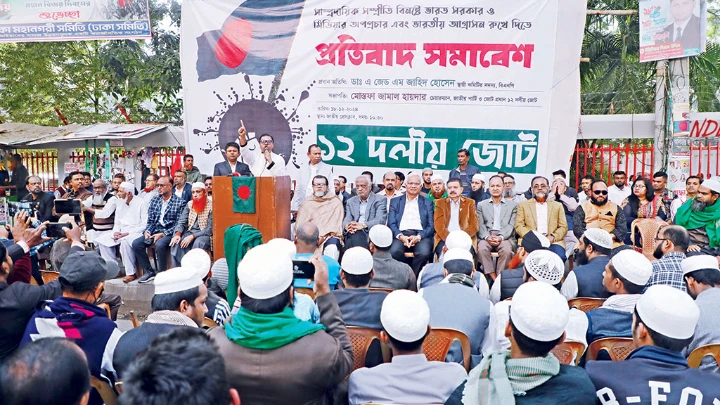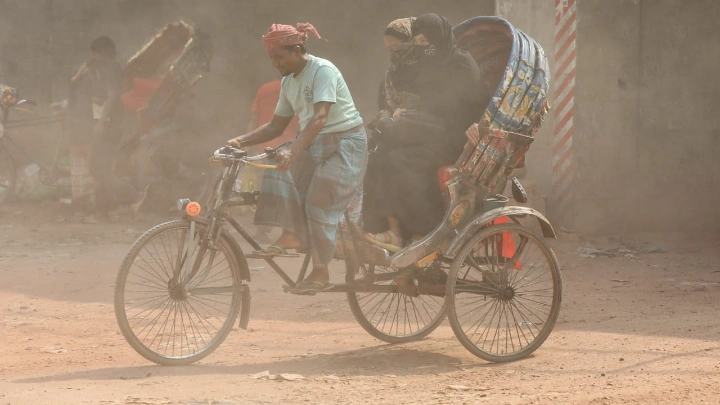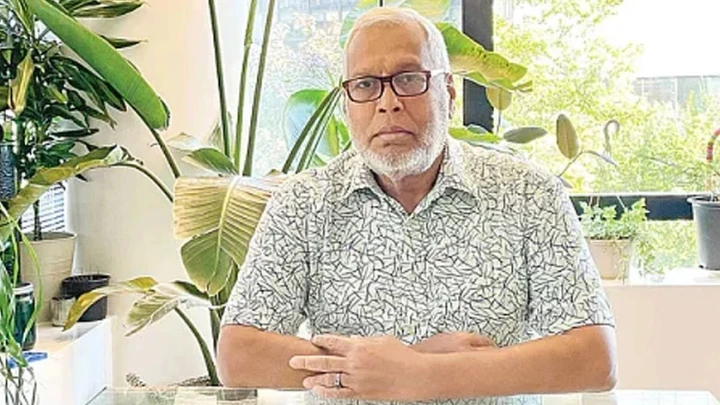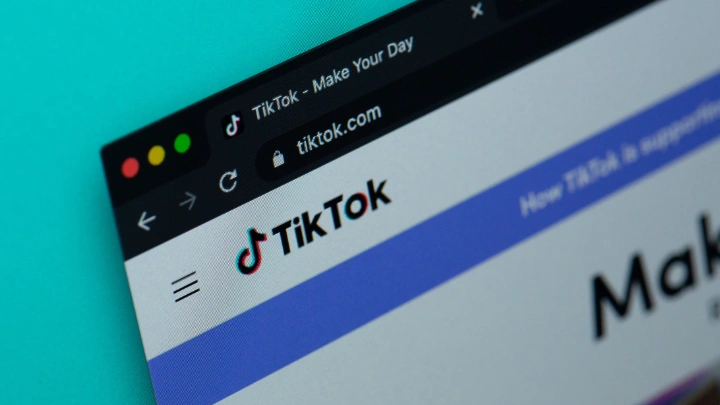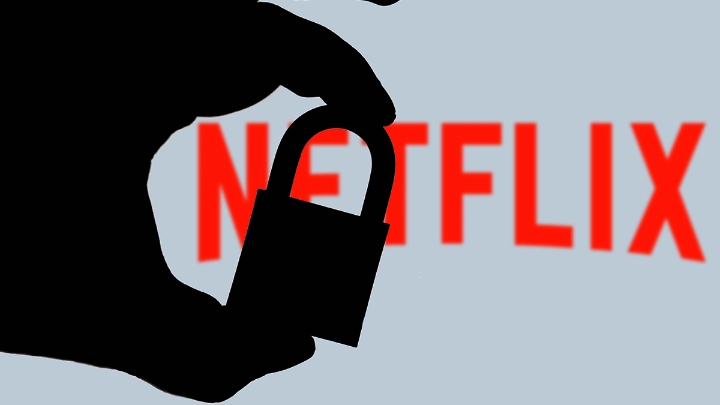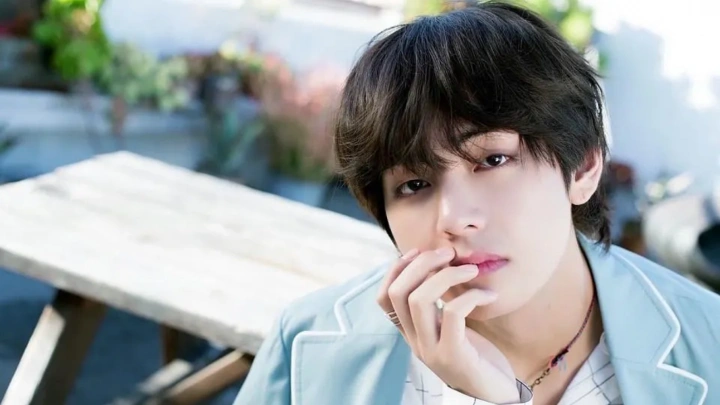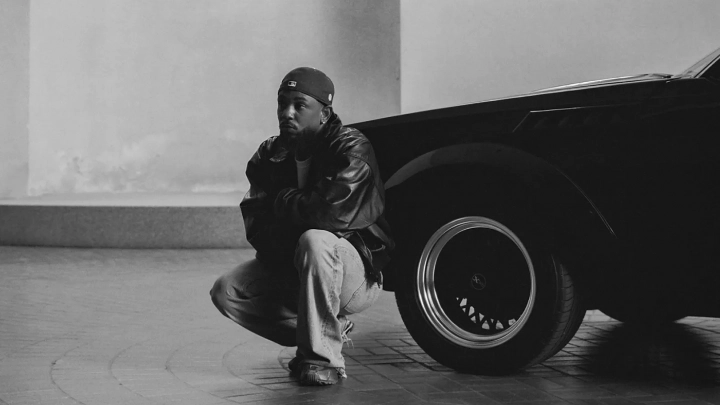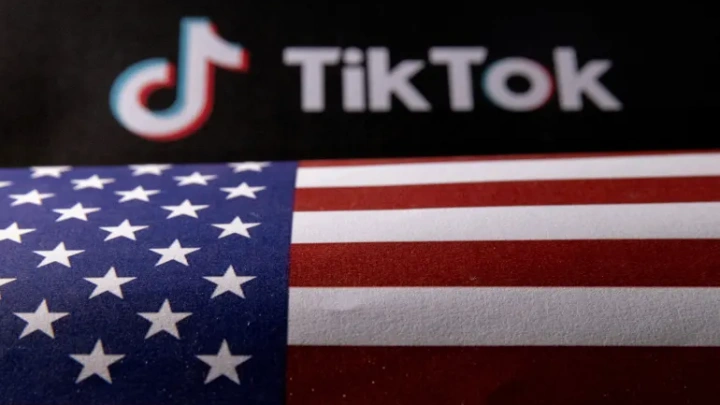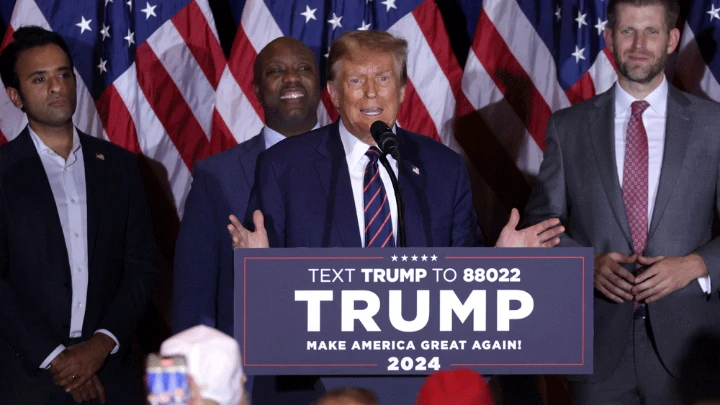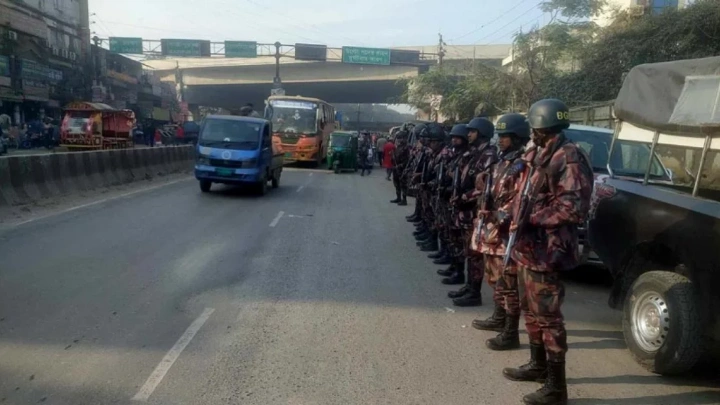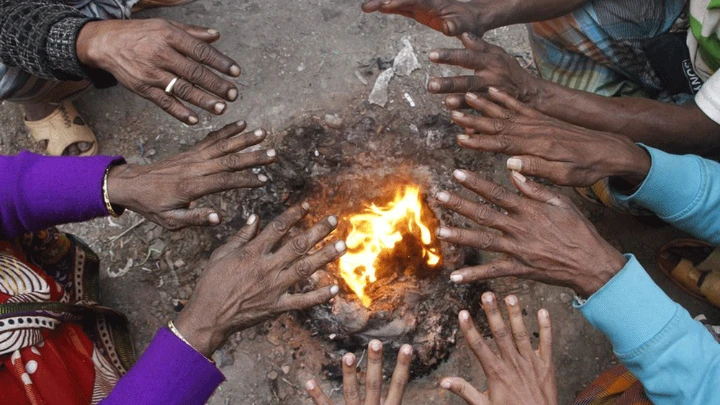With the end of the censor board, actress Quazi Nawshaba Ahmed reflects on her new role in the Film Certification Board and the future of the industry
Audiences should decide themselves what they wish to watch: Nawshaba
TBS || Shining BD
For years, the filmmakers and stars of Bangladesh had been at the mercy of a censor board that seemed to follow a set of rules no one could truly comprehend. Whether it was blocking the release of films or mercilessly cutting scenes, the board's unpredictable decisions felt like a slow suffocation for the country's film industry.
But in a recent move that was a breath of fresh air for many in the industry, the notorious censor board has been dissolved, replaced by the newly structured 'Film Certification Board.' While a certification board was technically established last year, it remained a mere letterhead, with no real authority or function, silently overshadowed by the existing censor board.
Among the fresh faces on this revamped board is Quazi Nawshaba Ahmed—a celebrated actress whose presence spans theatre, television, and film, and who had long been a vocal critic of injustice in Bangladesh.
"Though the certification board was formed last year, no rules were put in place for it to operate. Without proper regulations, the system is incomplete. We'll only begin working when the certification system is fully up and running," Nawshaba explained.

So how is a certification board different from a censor board?
Nawshaba explained that many countries now rely on a grading system to classify films, serving as a form of film certification. In this system, films are categorised similarly to India's U/A (for viewers over 12), U (family-friendly), and A (adults only).
This approach allows audiences to decide for themselves what content they wish to watch, ensuring they are consuming content suitable to their preferences.
"There is nothing called a censor board around the world. It is just about grading movies. Movies are subject to the collective opinion of audiences; a censor board arbitrarily blocking a film sets a dangerous precedent. I've always believed in a certification system. Censorship is outdated," Nawshaba said.
During the tenure of the last government, films had been blocked by the censor board citing various reasons. Films like Mostofa Sarwar Farooki's 'Shonibar Bikel' (Saturday Afternoon), Aung Rakhine's 'Amar Bicycle', Raihan Rafi's 'Amimangsito', and Nazrul Islam's 'Rana Plaza' had all stumbled on the barriers of censorship, their fates still hanging in limbo.

"We haven't yet set our rules and regulations," Nawshaba said. "But once they're in place, resolving the status of these films will be at the top of our list. If anyone feels unjustly treated, we'll stand with them. Cinema doesn't belong to any one person. Our first steps will be to address the films that have been blocked and bring them into the light."
"Cinema, music, or dance should never be tools for political gain," Nawshaba asserted. "I am not an artiste serving a political party—I am an artiste for the people. That's why I took on this responsibility. In this newly formed Bangladesh, we are committed to working for the greater good of all."
Since last year, the government had begun allowing the import of Indian films, a decision managed by the now dissolved Censor Board. Some believe this preference for Bollywood has hindered the growth of the local film industry.
When asked about this, Nawshaba treaded carefully, saying, "The previous board and government made that decision together. Once we officially step into our roles, we'll have discussions and be in a better position to offer answers. We just need more time."

Balancing her acting career with her new role on the Censor Board has naturally sparked concerns about possible conflicts of interest or favoritism. Addressing this, she said, "Throughout my career, I've experienced both praise and rejection. I'll continue to move forward with careful observation and intelligence. Let me be clear—this isn't about power, it's about responsibility. That's why I'm speaking cautiously. My sole aim is to carry out the duties entrusted to me."
In 2018, Nawshaba found herself in the spotlight during the student protests for safer roads. She was arrested after publicly supporting the demonstrators in a Facebook live stream, and accusations surfaced that the Awami League government tortured her during her detention. For a while, it seemed her acting career might not recover, but she endured those hardships.
Now, in this new chapter for Bangladesh, Nawshaba is forging her own path, with plans to fully return to acting in the near future.
Shining BD


